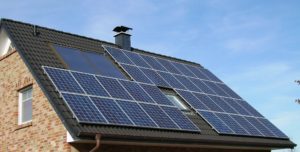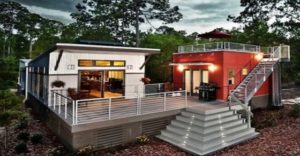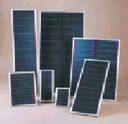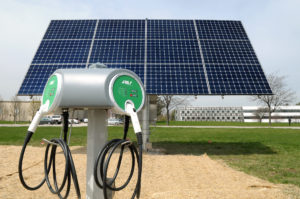 The rent or buy a solar power system questions basically comes down to two issues. This assumes that you have already made the decision to become involved in solar power generation for reasons of conservation or to get some control over your electricity costs. This issue is discussed in several other posts on this website. What are the issues? The first is the main one and concerns whether you have the ready cash to pay for the installation and operation of the system. The second is what are the terms and conditions for renting vs. buying and which one makes the most economic sense for your situation.
The rent or buy a solar power system questions basically comes down to two issues. This assumes that you have already made the decision to become involved in solar power generation for reasons of conservation or to get some control over your electricity costs. This issue is discussed in several other posts on this website. What are the issues? The first is the main one and concerns whether you have the ready cash to pay for the installation and operation of the system. The second is what are the terms and conditions for renting vs. buying and which one makes the most economic sense for your situation.
Rent or Buy a Solar Power System – Rent
Renting a solar power system is really no different from leasing a car. You do not own the system, you might place a down payment which lowers your monthly fee and you get the use of the system to lower your electrical costs. There will be a rental fee, there will be an assumed interest rate since the lender must charge an interest rate to make money and of course, the seller is making a profit as well which is built-in. Your rental may or may not come with maintenance. All of these details should be considered and built into your analysis. If you do not have the ready cash to invest then renting is probably the best option.
Rent or Buy a Solar Power System – Buy
Buying with cash or buying and borrowing money is another option. There is a cost of borrowing if you need to take out a loan. Of course, there is an interest income that you will not be earning because you invested in a solar power system. You still need to incorporate a maintenance fee to keep the system running.
A solar power system calculator should be provided by the solar power system seller to help you analyze your options. You can determine which option is the best approach and provides the largest savings. Along with the quickest payback for your investment. Again if you do not have the ready cash, then a loan is needed or you rent the system.


